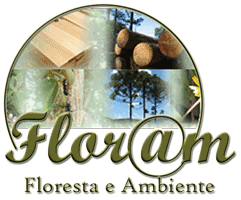Abstract
Exposing timber to temperatures approaching 200 °C causes thermal modification and changes its characteristics. This study evaluates the effect of various levels of thermal treatment on the physical properties of juvenile and mature wood from rubber tree (Hevea brasiliensis). Boards taken from 53-year-old rubber trees were thermally modified at up to 220 °C. Thermal treatment caused decreases on the oven-dried density, equilibrium moisture content, and swellings on juvenile and mature woods of H. brasiliensis. Influence of thermal modification at 180-200 °C in juvenile wood was lower than in mature wood, whereas the treatment at 220 °C caused a greater variation in properties of juvenile wood. The thermally modified wood is a suitable product for use in environments with high levels of relative humidity.
Keywords:
thermal modification; rubber wood; maximum swellings; density of wood; equilibrium moisture content
